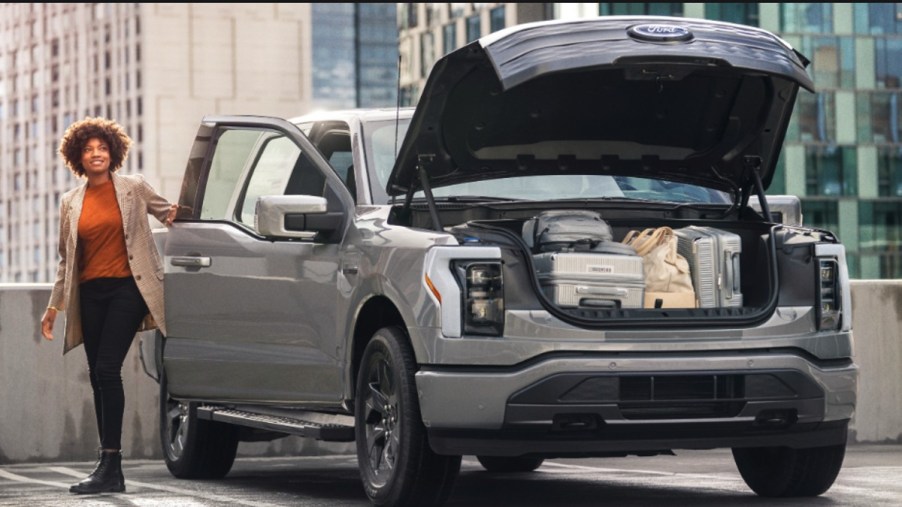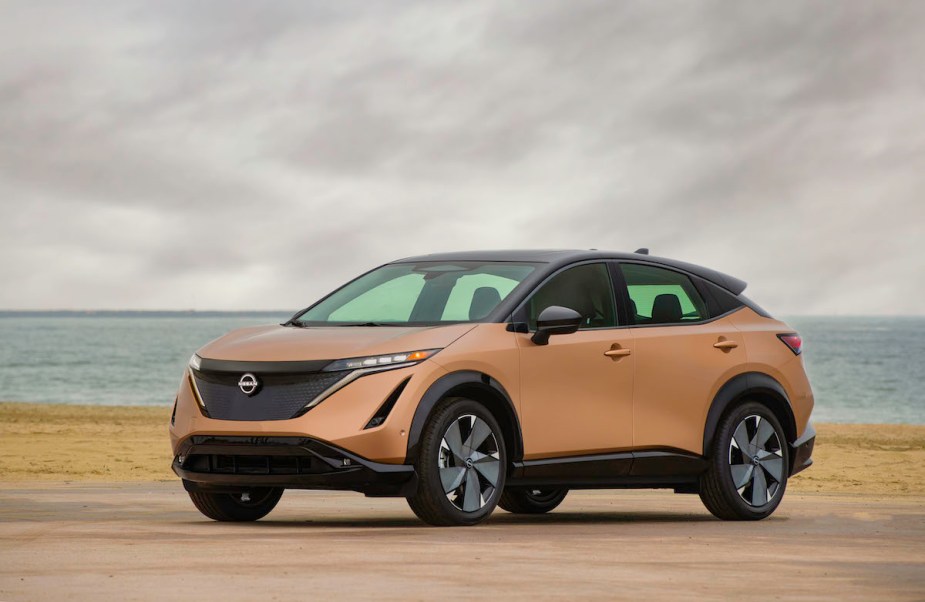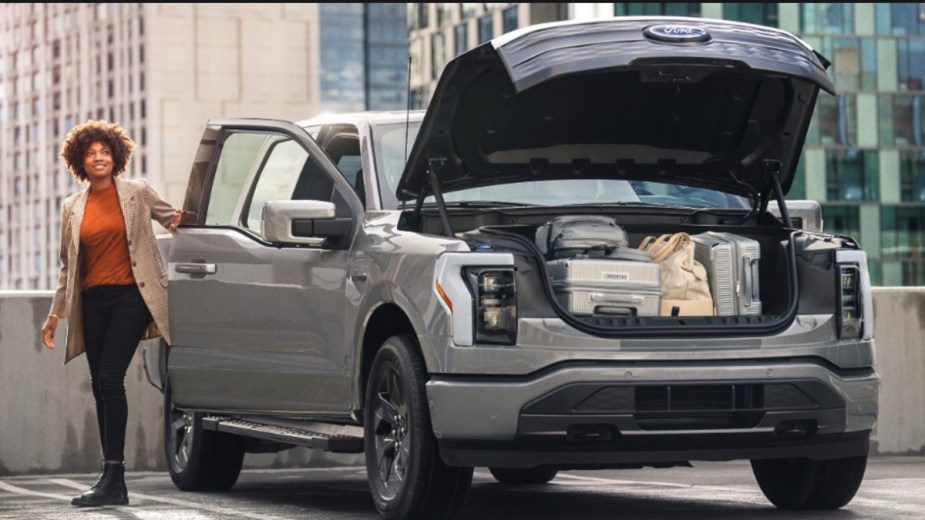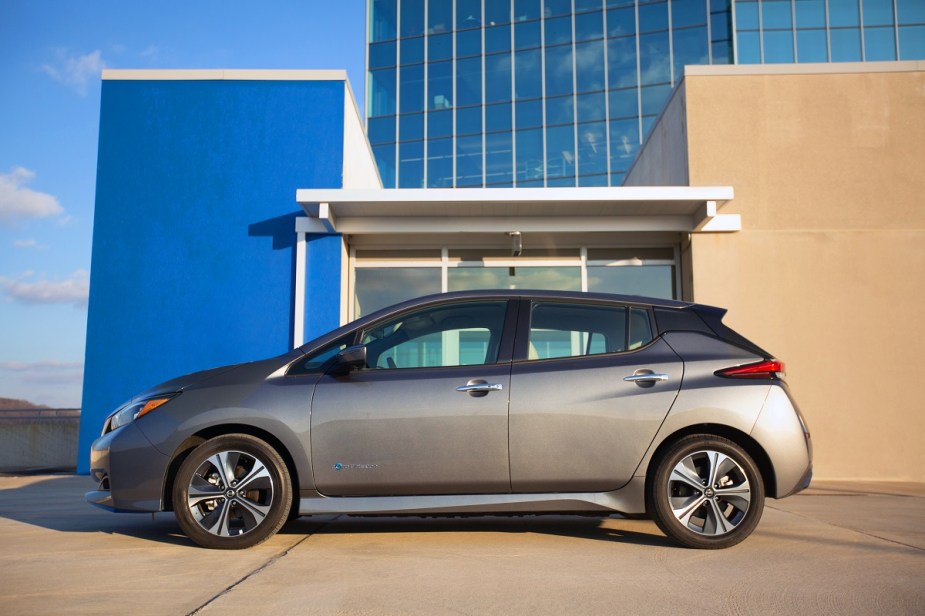
What Does the EV Federal Tax Credit Mean to You?
If the number one reason you want to drive an EV is to benefit from the EV federal tax credit, you could be sorely disappointed. This tax credit is renewed and established under the Inflation Reduction Act, but it follows many of the same restrictions as the original version. Let’s cover how this credit works for you.
How do I claim the $7,500 EV federal tax credit?

You claim this tax credit by filing IRS Form 8936 with your federal income tax return. This credit can reduce your total taxes owed if you owe. This form allows you to file your qualification, which shows that you may qualify for up to $7,500 for this EV tax credit.
How Does the EV tax credit work?
As Electrek points out, this tax credit isn’t an instant benefit of $7,500 off your taxes. Instead, you MAY qualify for UP TO $7,500 based on how much you own in taxes. Those three small words are what we love to call operative words, which means they might not say a lot, but they mean a lot.
If you owe money when you file your federal taxes, this credit can reduce that amount up to $7,500, but it does not result in a refund. If you owe the federal government $1,000, that’s all you’ll receive in tax credits for driving an electric vehicle.
On the other hand, if you owe $10,000 in federal taxes, this credit can reduce the amount you owe to $2,500, which is a significant difference.
What is the income limit for the $7,500 tax credit?

The EV federal tax credit isn’t an automatic credit, as we’ve outlined, but it also has an income restriction. If your income is $150,000 or more as a single person, you don’t qualify for this EV tax credit. Additionally, joint filers face an income limit of $300,000. Taxpayers with incomes higher than these figures do not qualify for this credit for driving their electric vehicles.
Are there price restrictions for qualifying electric vehicles?
Under the Inflation Reduction Act, EVs priced at $55,000 or more do not qualify for the EV federal tax credit. This price restriction applies to EVs not listed as SUVs and trucks. The price restriction for electric SUVs and trucks is $80,000.
Is there an EV federal tax credit for used EVs?

The previous version of this EV tax credit didn’t account for used electric vehicles. The used car market is typically three times the size of the new car market. NPR reports that under this new credit, you can receive up to $4,000 back as a tax credit for EVs from the model year 2021 or older. This tax credit also has an income cap of $150,000 for joint filers and $75,000 for individuals.
The bottom line
The bottom line is pretty simple. If you’re only interested in an EV to take advantage of the federal tax credit, you could be disappointed. If you don’t own the IRS, you won’t receive any of the $7,500 tax credit. On the other hand, if you owe at the end of the year, this credit could significantly reduce that amount.
Next, check out how the tax credit qualifications have been redefined, or learn more about the EV federal tax credit in this video below:



